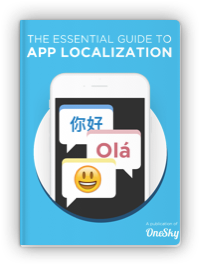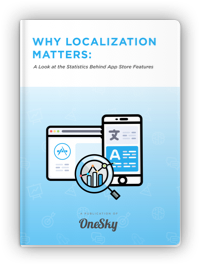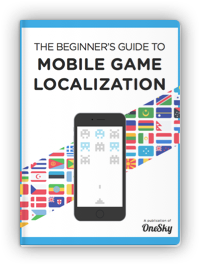Translation Pricing: Navigating the Costs of Your Project
When contemplating global expansion, the question inevitably arises: How much do professional translation services cost? Given the multifaceted nature of the translation industry, answering this isn’t straightforward. However, this guide aims to provide clarity on translation pricing and how to select the most suitable service for your requirements.
Understanding the Range of Translation Costs
The cost of translation services hinges on your project’s extent and the type of translation service providers you engage. Pricing can be based on numerous factors like per-word rate, hourly rate, or even the number of words. The content type and translation process also play a crucial role.
You have various translation options. Machine translation, like Google Translate, provides rapid, cost-effective solutions but may compromise accuracy. In contrast, human translators offer more nuanced, accurate translation but often at a premium.

Different content demands distinct translation methods. Here’s a closer look:
- Website Translation: Platforms like WordPress offer plugins to automate word translation. However, for high-quality translation, hiring professionals who understand language combination intricacies, such as English to Spanish or French to Japanese, is recommended. Translation rates here fluctuate between $0.04 and $0.35 per word or an hourly rate of $20 to $100.
- Mobile App and Software Translation: Like websites, apps can use tools such as OneSky for automatic translations. Yet, professional translation ensures linguistic nuances are captured, particularly when dealing with language pairs like English-Chinese or Italian-German. Rates average between $0.04 to $0.40 per word or $20 to $100 hourly.
- Game Translation: The gaming realm requires translators with unique know-how. While tools exist to connect games to platforms like Google Translate, serious developers understand the value of professional translation services to resonate with target language audiences. Expect costs from $0.06 to $0.30 per word or hourly rates of $20 to $80.
- Document Translation Services: Legal documents, marriage certificates, and technical translation are crucial, necessitating expertise. Pricing often ranges between $0.02 to $0.40 per word or $20 to $100 hourly, sometimes even based on the original document’s formatting.
Translation Cost Breakdown: Understanding the 8 Key Factors
Navigating the complex arena of translation pricing can be a challenge, especially for those unfamiliar with the industry. As you consider embarking on a translation project, understanding these primary influencers can offer clarity.
Let’s dive deeper into the eight significant factors affecting translation costs:
1) Machine Translation vs. Professional Translation
Machine translations, while efficient and cost-effective, can sometimes fall short in capturing linguistic nuances and cultural subtleties. These systems are algorithm-driven, often prioritizing speed over depth.
Conversely, professional translation services, backed by human intellect, comprehend cultural and contextual underpinnings, ensuring more accurate and sensitive translations. However, this expertise comes at a premium. Deciding between the two hinges on your project’s nature and the importance of accuracy versus budget constraints.
2) Language Combination
The translation world operates on supply and demand. Common language pairs, like English-Spanish, are prevalent among professional translators, leading to competitive rates. In contrast, rarer pairs, such as English-Norwegian, face a dearth of experts, inflating prices.
The economic dynamics of the source and target language countries further compound this effect. Thus, your chosen language pair can be a significant cost determinant, both in terms of translator availability and regional economics.
The difference in price can be 50% or more.

3) Content Type
Content complexity varies, impacting translation costs accordingly. A straightforward blog post, for instance, may not demand the precision an e-commerce product description does, which directly influences pricing.
Niche or technical content can also elevate costs due to the specialized knowledge required. In addition, industries with specific jargon or terminology necessitate translators with particular expertise, further raising the cost bar.
4) Quality
Professional translation isn’t just about language proficiency. Certified translators bring an assurance of quality, having undergone rigorous training and examination processes. Their expertise in specific industries or subject matters offers a competitive edge, warranting higher rates.
While a regular bilingual individual might offer lower rates, the risk of inaccuracies or context loss could be higher. Hence, when precision is crucial, investing in certified professionals can be invaluable.

5) Geography
Our interconnected world allows translation to span continents, with geography significantly influencing pricing. Regions with a higher living standard may produce costlier services.
Simultaneously, globalization and remote work have enabled companies to tap into talent pools in areas with favorable economic conditions, potentially passing on savings to clients. However, regional expertise, cultural insights, and the nuances a local translator brings can sometimes justify the added cost.
6) Turnaround Time
In our fast-paced world, time is often of the essence. While rapid translation services like CAT (computer-assisted translation) technology and translation memory meet urgent demands, they might incur additional costs.
Larger agencies with expansive networks might absorb these demands more seamlessly, but smaller entities, juggling multiple tasks, might charge extra for prioritizing rush jobs. Essentially, the urgency of your project can influence the price, with accelerated timelines often carrying a premium.
7) Word Count Discounts
Much like buying in bulk, volume can offer financial advantages in translation. Comprehensive projects might unlock per-word discounts, benefitting clients who bring substantial work to the table.
While not universally true, this scaling effect is common across many service providers, especially those looking to secure more extensive contracts or nurture long-term client relationships.
8) Extra Services
Beyond the basic translation, many projects benefit from auxiliary services like proofreading, secondary reviews, or specialized formatting. While these enhance the output’s quality and professionalism, they also add layers to the pricing structure.
Investing in these additional features ensures a polished final product, but it’s essential to factor these into your budget. A comprehensive approach encompassing these extras often delivers superior results but will influence the overall project cost.
Localization: Beyond Translation
While translation focuses on the linguistic aspect, localization optimizes your entire product for a new market. It involves adapting designs, currencies, and more. The goal is to ensure the translated text resonates culturally with the target audience, offering an optimal user experience. Given the depth of work, localization can be pricier than translation but offers a better ROI.
OneSky: Seamless Translation and Localization Workflow
For those seeking top-notch translation or localization without breaking the bank, OneSky stands out. With over 1,000 qualified translators skilled in 50 languages, a rigorous quality assurance process, and advanced CAT tools, OneSky ensures your content resonates with international audiences. Dive in and experience streamlined translation industry solutions tailored to your needs.
If you want to learn how to localize your product without spending a fortune, download our free ebook today: The Beginner’s Guide to Minimum Viable Localization (MVL).

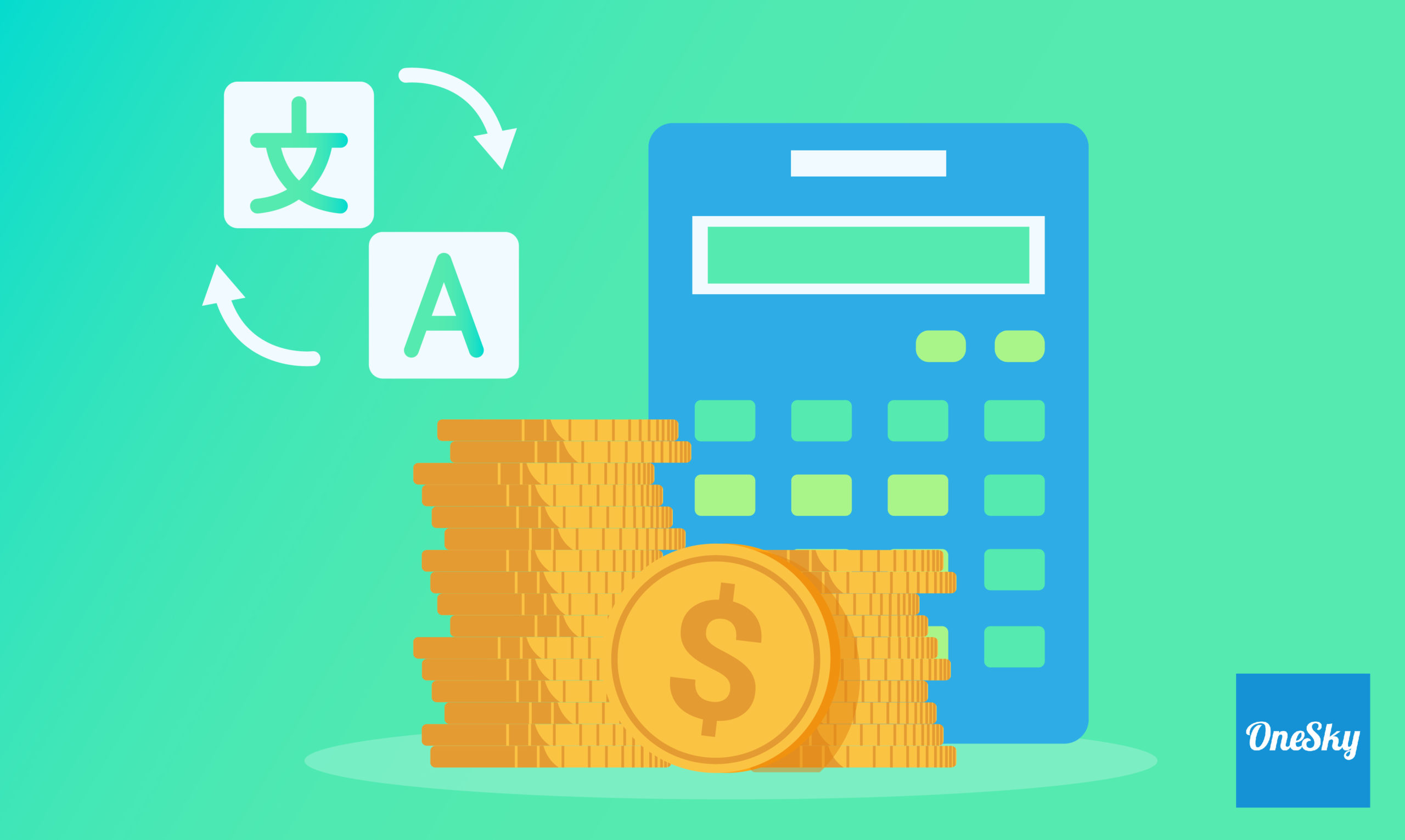
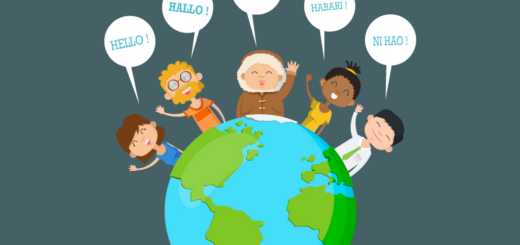
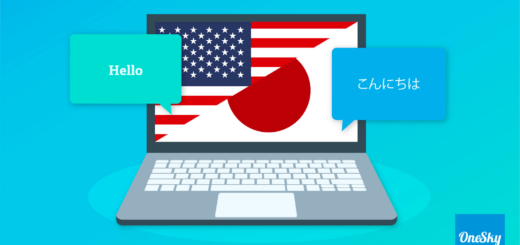

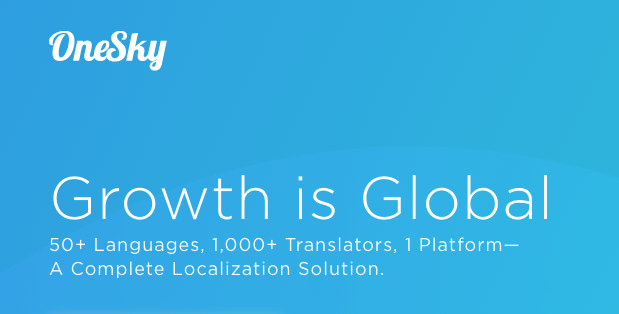

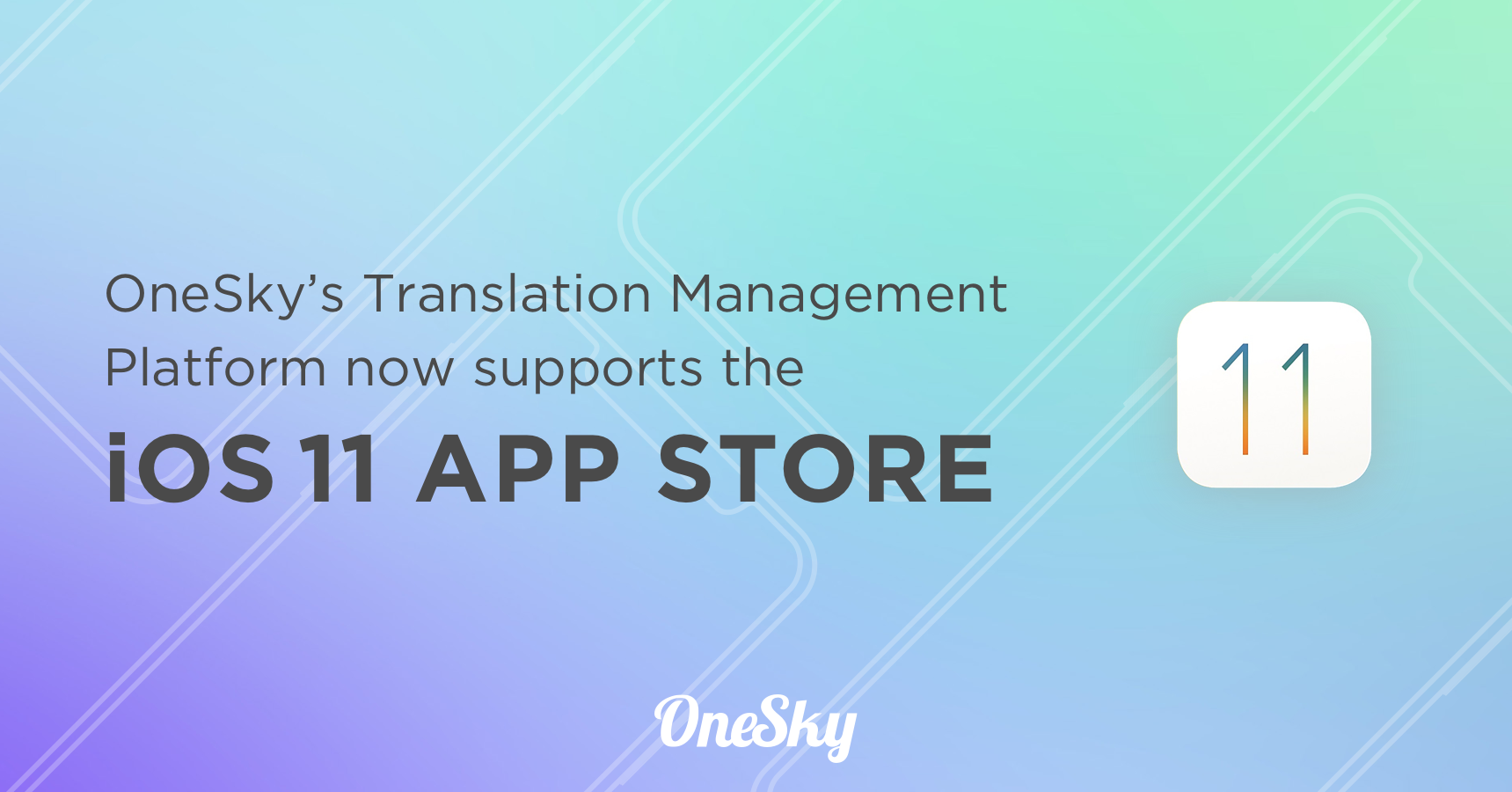
 Written by
Written by 
